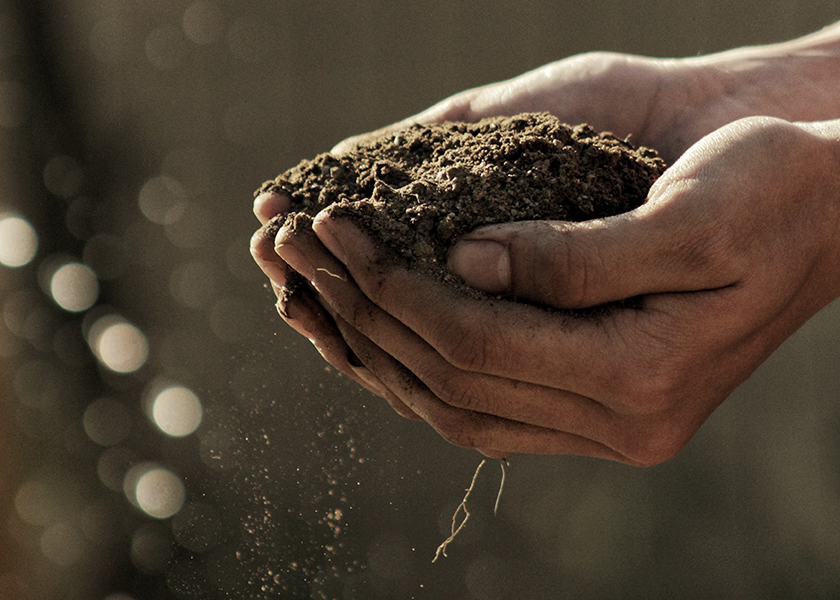5 Big Reasons to Soil Test This Fall Instead of Spring

The rustling of leaves and the crisp chill in the air are a clear indicator that fall has officially begun. With crops slowly coming in off the fields, now is a good time to start thinking about soil testing.
According to Brent Crain, extension agent for Michigan State University, there are several reasons why soil testing in fall might be preferable to testing in spring. One of those reasons is timing.
“There is more time available in the fall to collect soil samples and make fertilizer decisions compared to spring,” Crain says. “Based on the soil analysis, the fall season allows additional time to think about upcoming management decisions.”
Some of these decisions would likely include figuring out when to apply phosphorus and potassium fertilizer or determining if tillage would be beneficial.
More favorable weather conditions are another big reason fall soil testing is popular.
“It is often easier to get into the field after harvest in the fall,” Crain says. “Fields are often too wet in the spring and unpredictable weather conditions can force postponement or even abandonment of soil testing for that year.”
Soil acidity is an additional factor to consider, Crain adds.
“Fall offers the best opportunity to apply lime as it provides more time to neutralize soil acidity. The soil test results should indicate the soil pH and if lime is needed to rectify excess acidity,” he notes.
One item farmers don’t often think about when conducting soil tests is lab availability. Spring is one of the busiest times of year for soil testing laboratories, which can sometimes impact when farmers receive their results.
“Soil testing laboratories are less busy in fall,” Craine says. “Generally, soil testing laboratories are busier in spring, as a majority of farmers, gardeners and homeowners wait until spring to test their soil. Therefore, the turnaround time in the spring may be much longer. A longer wait for soil testing results may force delays in fertilizer timing.”
Lastly, fertilizer prices typically have a more favorable price tag during the fall months compared to spring.
“Based on the soil test results, fertilizer can be purchased prior to the end of the year. Fertilizer is often cheaper in the fall compared to spring when demand is high. Also, purchasing fertilizer prior to the end of the year could potentially have favorable tax implications,” Crain adds.







